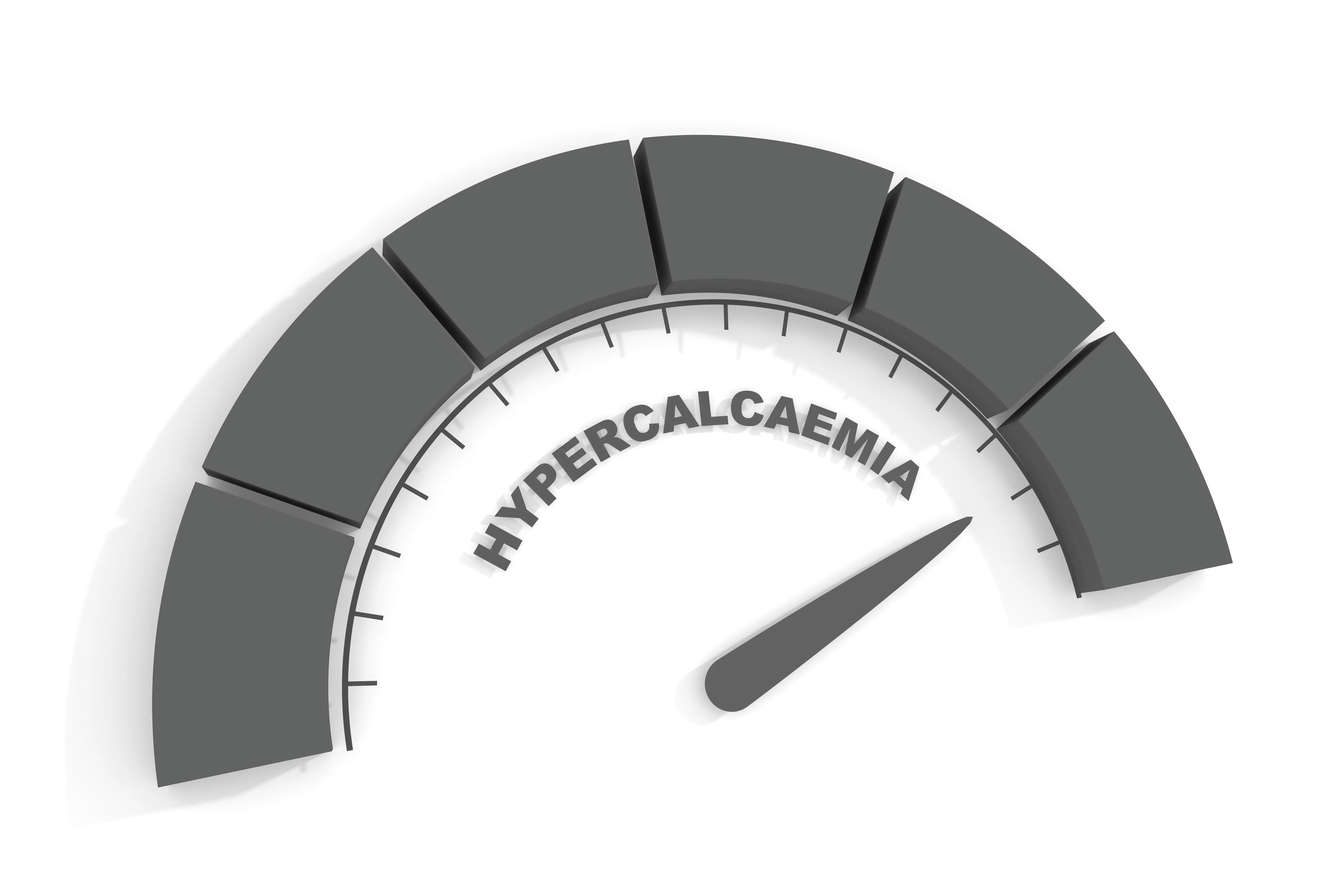Millets and Their Role in Diabetes Management
Discover how millets can help manage diabetes naturally. Learn about their low glycemic index, high fiber, and nutrient benefits, plus easy ways to add them to your diet.


Introduction
Living with diabetes can be challenging, but making the right food choices can help manage blood sugar levels effectively. One such superfood gaining popularity is millets—a group of ancient grains packed with nutrients that can be a game-changer for people with diabetes.
In this article, we’ll explore how millets can help in diabetes management, their benefits, and simple ways to include them in your diet.
What Are Millets?
Millets are small-seeded grains that have been a staple in traditional diets for centuries, especially in India and Africa. They are gluten-free, rich in fiber, protein, and essential minerals like magnesium, iron, and calcium. Some common types of millets include:
Foxtail Millet
Pearl Millet (Bajra)
Finger Millet (Ragi)
Sorghum (Jowar)
Barnyard Millet (Sanwa)
Little Millet (Kutki)
Unlike refined grains like white rice and wheat flour, millets have a low glycemic index (GI), meaning they release sugar slowly into the bloodstream, preventing sudden spikes in blood glucose levels.
How Do Millets Help in Diabetes?
1. Low Glycemic Index (GI)
Millets have a low to medium GI, which means they digest slowly, keeping blood sugar levels stable. This helps prevent sudden sugar spikes after meals.
2. High Fiber Content
The high fiber in millets slows down digestion, keeping you full for longer and reducing cravings. Fiber also helps regulate blood sugar by improving insulin sensitivity.
3. Rich in Magnesium
Magnesium plays a key role in glucose metabolism. Many millets, like ragi and bajra, are rich in magnesium, which helps improve insulin function.
4. Packed with Protein
Millets contain more protein than rice or wheat, which helps in muscle repair and keeps energy levels steady without affecting blood sugar.
5. Antioxidant Properties
Millets contain antioxidants that reduce inflammation; a common issue in diabetes; helping improve overall metabolic health.
Best Millets for Diabetes
Not all millets are the same when it comes to diabetes management. Here are the best ones to include in your diet:
1. Finger Millet (Ragi) – Extremely high in calcium and fiber, great for controlling blood sugar.
2. Foxtail Millet – Low GI, rich in iron, and easy to digest.
3. Barnyard Millet – One of the lowest GI millets, ideal for diabetics.
4. Pearl Millet (Bajra) – High in fiber and magnesium, supports heart health too.
5. Sorghum (Jowar) – Rich in antioxidants and helps regulate blood sugar.
Health topic carousel:
Doctor's speciality: Nutritionist
Text: Consult an Nutritionist for the best advice
How to Include Millets in Your Diet
Switching to millets is simple! Here are some easy ways to add them to your meals:
Replace rice with foxtail or barnyard millet in pulao or khichdi.
Use ragi flour to make rotis, dosas, or porridge.
Try jowar or bajra rotis instead of wheat chapatis.
Make millet upma, idli, or pancakes for a healthy breakfast.
Snack on popped millets instead of processed chips.
Tips for Diabetics Using Millets
Start with small portions to see how your body responds.
Combine millets with protein (dal, curd, or nuts) for balanced meals.
Avoid frying millets; opt for boiling, steaming, or roasting.
Monitor blood sugar levels after introducing millets to check their effect.
Precautions & Things to Remember
While millets are beneficial, diabetics should keep these points in mind:
Portion Control – Even healthy grains should be eaten in moderation.
Avoid Sweetened Millet Products – Some millet-based snacks may contain added sugar.
Stay Hydrated – Millets are high in fiber, so drink plenty of water.
Consult a Dietitian – If you have other health conditions, get personalized advice.
Conclusion
Millets are a diabetes-friendly superfood that can help regulate blood sugar, improve digestion, and provide essential nutrients. By replacing refined grains with millets, you can take a big step toward better diabetes management.
If you need guidance on dietary changes for diabetes, Apollo 24|7 offers expert consultations with nutritionists who can help you create a personalized meal plan.
Health topic carousel:
Doctor's speciality: Nutritionist
Text: Consult an Nutritionist for the best advice




